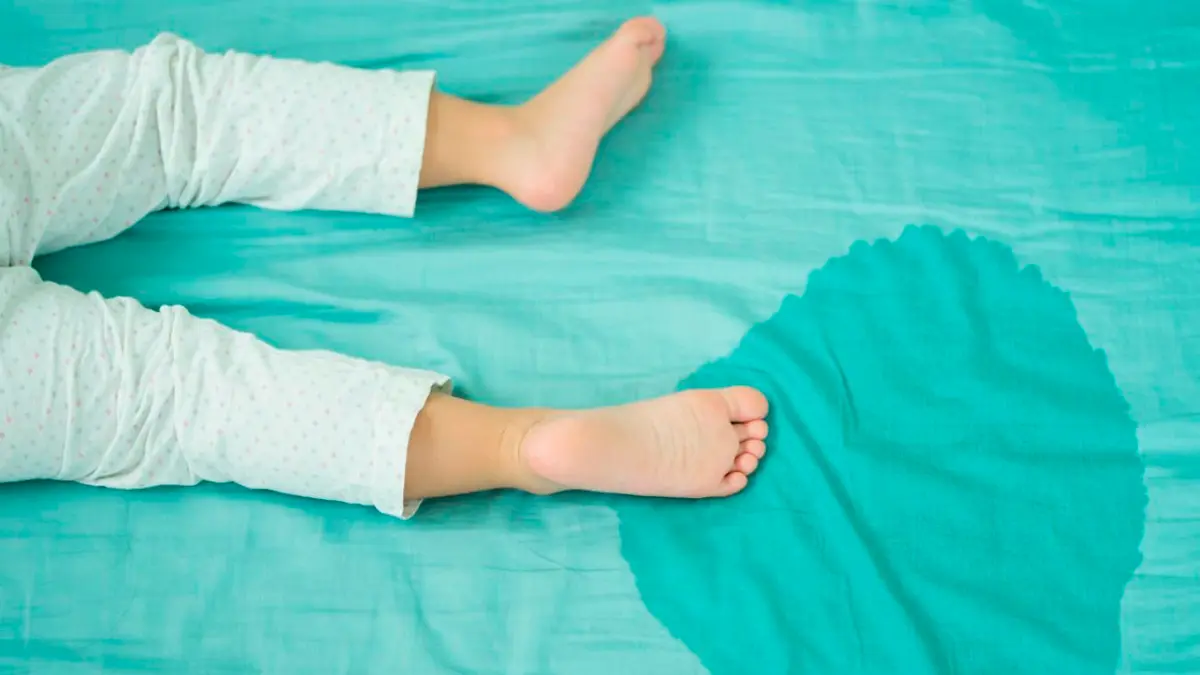Can Enuresis be Cured?
Sometimes
Often resolves with time and age; management focuses on supportive measures, addressing underlying factors, and promoting healthy bladder habits

What is Enuresis?
Enuresis is involuntary urination, especially at night (bedwetting), beyond the age when bladder control is expected. It can result from various factors, and treatment may involve behavioral interventions, medications, or addressing underlying issues.

Clinical Aspects

Characteristics
Involuntary urination, especially during sleep (bedwetting)

Symptoms
Involuntary urination during sleep, often beyond the age when bladder control is expected

Diagnosis
Clinical evaluation, sometimes imaging studies

Prognosis
Generally good with appropriate interventions

Complications
Impact on quality of life, complications in severe cases
Etiology and Treatment

Causes
Factors may include genetics, developmental delays, hormonal imbalances, bladder dysfunction, psychological factors

Treatments
Behavioral interventions, medications, addressing underlying causes

Prevention
Behavioral interventions, medications, addressing underlying causes
Public Health and Patient Perspectives

Epidemiology
Involuntary urination, often during sleep

Patient Perspectives
Behavioral interventions are often effective in managing enuresis
For personalized advice and care, always seek the assistance of healthcare professionals. This information is meant for general understanding and not as a replacement for professional medical advice.
Share: